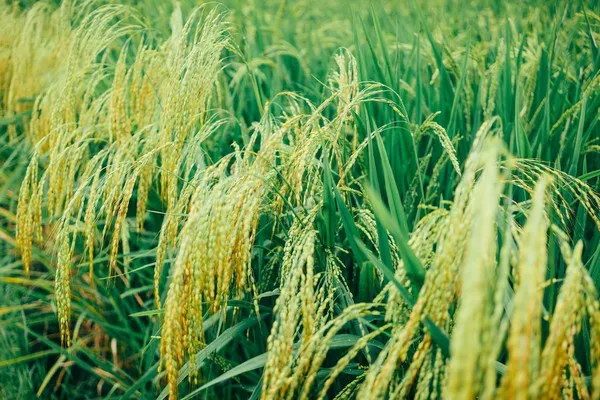An international panel of agricultural technology leaders has emphasized the urgent need for increased investment in agricultural knowledge and innovation to boost food production, alleviate rural poverty, and combat climate change. The call to action was made in the Sanya Declaration during the 7th Global Forum of Leaders for Agricultural Science and Technology.
Technological innovation is recognized as the linchpin for the transformation of global agri-food systems, and it plays a pivotal role in enhancing agricultural production, revolutionizing the agricultural sector, and advancing rural development. The declaration urged governments, particularly those in developing nations grappling with food supply challenges, along with agricultural enterprises worldwide, to intensify their support for agricultural research, technology dissemination, and the training of skilled professionals.
Experts at the forum committed to closer collaboration in agricultural science and technology to reform agri-food systems and address global challenges, including food security, poverty, climate disasters, and the objectives of the China-proposed Global Development Initiative.
Efforts are encouraged to make agri-food systems more efficient, inclusive, resilient, and sustainable by promoting green agricultural technological innovation, climate change adaptation, carbon sequestration, emission reduction in agriculture, and reducing food losses across the entire production chain. Such expertise is considered essential for achieving energy-efficient, emission-reducing, green, and low-carbon sustainable agricultural development.
Participants commended the Chinese Academy of Agricultural Sciences (CAAS) for launching the International Mega Science Project from Genotype to Phenotype Initiative, which facilitates the sharing of crop genetic resources and provides public products and platforms for molecular breeding.
The establishment of the China-Africa Agricultural Science and Technology Innovation Alliance, initiated by the CAAS and the African Academy of Sciences, was also welcomed. The alliance aims to be an open and shared platform for coordinating agricultural technology institutions and the industry sector, ultimately promoting hunger and poverty reduction in Africa, advancing agricultural modernization, and contributing to the goals set by the African Agenda 2063.
The forum, known as GLAST, convened in Sanya, Hainan province, and drew about 580 representatives from 49 countries and 16 international organizations worldwide. They reached a consensus after extensive discussions under the theme “Science and Technology Leading the Transformation of Global Agri-food Systems.”
China, which feeds 1.4 billion people, is intensifying its efforts in agricultural innovation and modernization, using technology and advanced equipment, such as water-saving irrigation systems and specialized plowing machines for mountainous regions, to enhance food production.
The Food and Agriculture Organization of the United Nations and the World Bank report that approximately 9.2 percent of the global population still suffer from chronic hunger, while 660 million people worldwide face extreme poverty. Meeting the rising demand for food will require a 70 percent increase in global food supply by 2050.
The initiative outlined in the Sanya Declaration aims to pool resources and drive breakthroughs in food production, particularly in eliminating hunger on the African continent.

